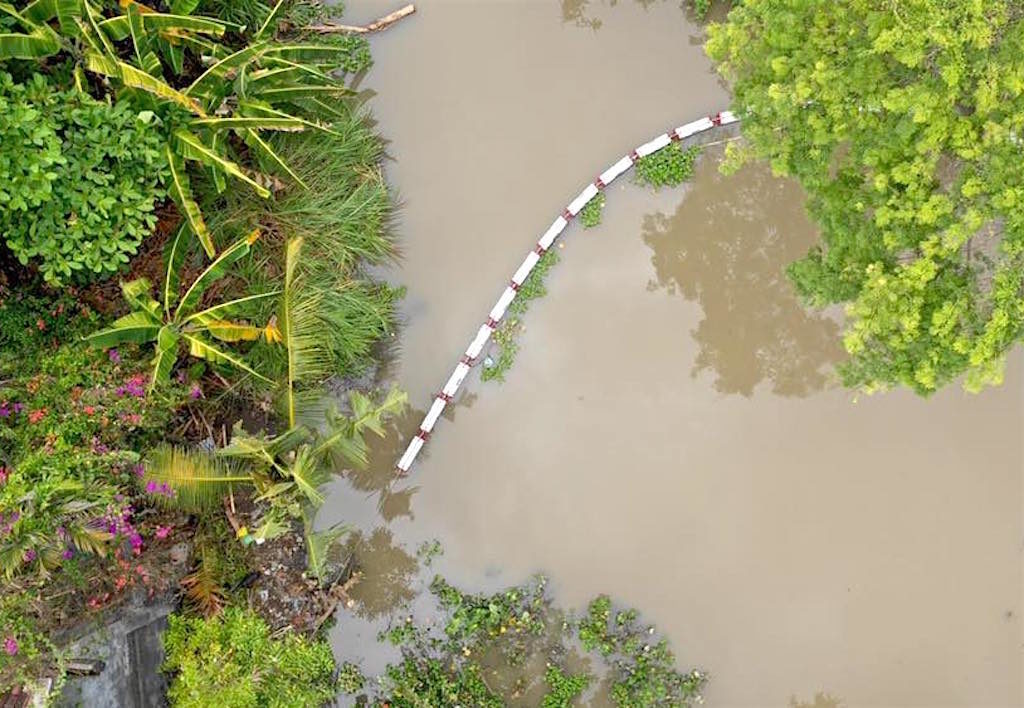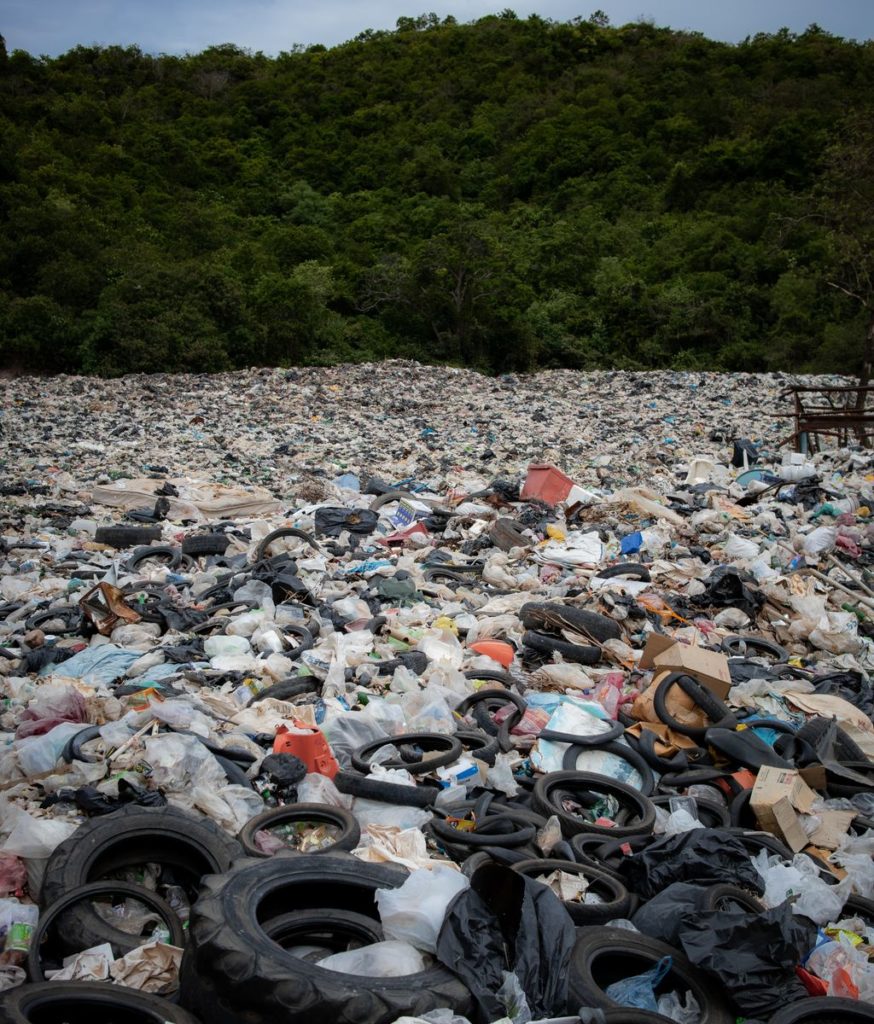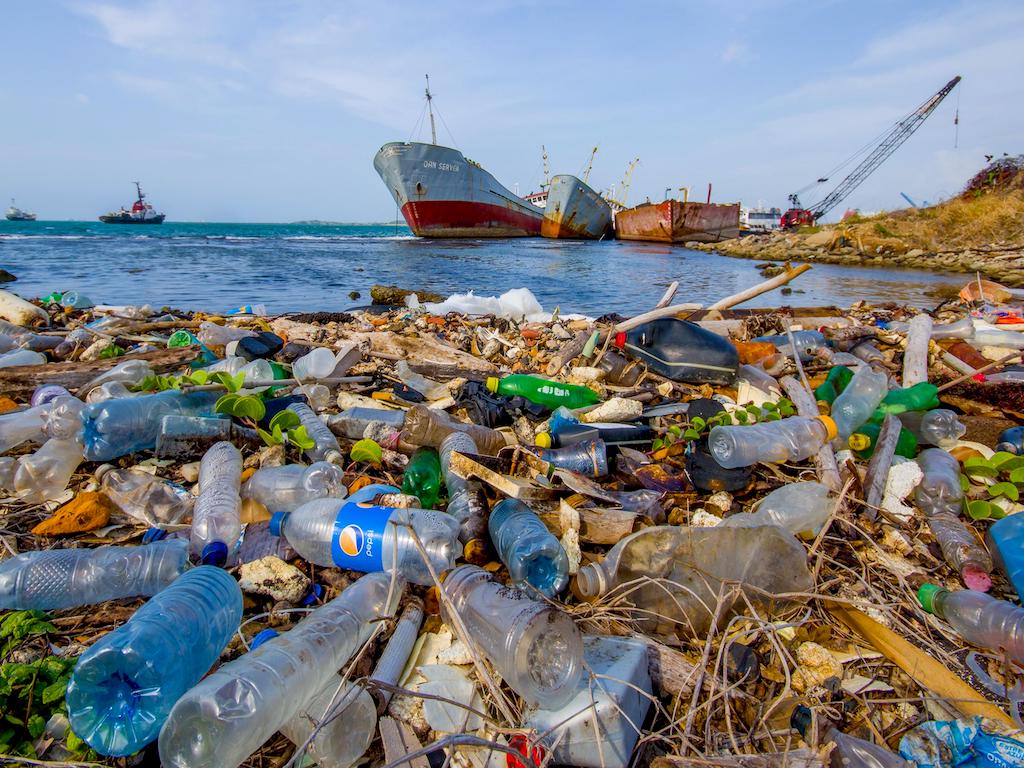Plastic Pollution: Bali’s Iconic Beaches Are Buried In Plastic With 60 Tonnes Garbage Collected Each Day
5 Mins Read
According to experts, Bali’s famous beaches like Kuta and Legian beaches are being buried by up to 60 tonnes of plastic rubbish each day. Worse, this is becoming an annual reality owing to weather patterns like monsoons and inefficient waste management leading to a worldwide marine pollution crisis.
Over just the period of two days in January, around 90 tonnes of rubbish was collected on the beaches of Kuta, Legian, and Seminyak, where authorities are struggling to deal with the waste. Local businessmen, hotel workers, and villagers came together to help with the cleanup.
There is a ‘tremendous amount’ of plastic currently being collected from the beaches and it is getting worse each year. It’s not new and it’s not surprising and it happens every year, and it’s been growing over the last decade. The rubbish had likely not travelled far and there would be many other beaches on the Indonesian archipelago suffering a similar fate
Dr Denise Hardesty, a Principal Research Scientist at Australia’s CSIRO science agency
According to its tourism ministry, in 2017, Bali saw nearly 5.7 million visitors in 2017, mainly from China and Australia. The influx of tourists as well as the island’s poor waste management system are some of the reasons behind this plastic crisis.
Apart from this, usually during the monsoons, Bali’s beaches in the southwest are prone to accumulating plastic rubbish as the rains and winds blow each year from west to east.
In an interview with The Guardian, Wayan Puja, from the Badung area’s environment and sanitation agency, expressed his concerns: “We have been working really hard to clean up the beaches, however, the trash keeps coming. Every day we deploy our personnel, trucks, and loaders. More than 30 tonnes of rubbish was removed on Jan 1 from beaches in Kuta, Legian and Seminyak and the amount doubled to 60 tonnes on Jan 2.”
In an another interview, Puja raised further concerns about the source of the waste: “We have examined, studied and taken pictures of the waste and we realized that these plastics did not come from Bali.
Gde Wirata, a Bali businessman, added: “This trash problem not only bothers tourists but also locals. I’m afraid that the president’s dream to make Bali the best tourism destination will vanish if the beaches are dirty. That’s why the locals work together at least twice a week to clean up the garbage.”
The Badung administration should have a trash handling system at Kuta Beach that is complete with adequate equipment and human resources so they can work quickly to clean up the trash washed onto the beach. Moreover, in the rainy season when there are tourists visiting, the trash handling systems should be working 24 hours a day.
Wayan Koster, Bali’s Governor
Bali has been battling with a plastic crisis for years, with the government going as far as declaring a ‘trash emergency’ back in 2017. In 2019, a project called Sungai Watch run by a local impact media outlet Make A Change World attempted to fight plastic waste by installing 100 trash booms in Bali’s rivers.

Dr Denise Hardesty, principal research scientist at Australia’s CSIRO science agency and an expert on global plastic pollution, said the problem is only getting worse each year. “There is a ‘tremendous amount’ of plastic currently being collected from the beaches and it is getting worse each year. It’s not new and it’s not surprising and it happens every year, and it’s been growing over the last decade. The rubbish had likely not travelled far and there would be many other beaches on the Indonesian archipelago suffering a similar fate.”
Hardesty has worked with marine pollution researchers in Indonesia and has been brought in as one of the experts in the government’s action plan.
Hardesty added that “The increasing amount of plastic washing up was in line with the global rise in the production of plastic. Beaches around the globe were seeing an increase in waste, but in monsoonal countries we do find a much stronger seasonal affect. Community groups and individuals were becoming more active in trying to cut the use of plastics and there was a suite of approaches being used to tackle the problem.”
CSIRO also plans to develop a plastic waste fighting technology in Indonesia that makes use of artificial intelligence and remote cameras able to track the garbage and identify hot spots.

To further deal with this plastic pollution crisis and the effects it is having on the environment and economy, the Indonesian government launched a national strategy in April 2020. This year, Indonesia started using satellites to track maritime rubbish. In their findings, they observed that trash had floated from the capital Jakarta some 1,100 kilometres away.
Dr Gede Hendrawan, head of the Centre for Remote Sensing and Ocean Sciences at Bali’s Udayana University, explained the reasons for the continuous accumulation of plastic: “The biggest problem is actually the trash handling hasn’t been effective in Indonesia. Bali has just started to reorganize it, also Java has just started.”
In 2019, a new bylaw was drafted by the government that includes a USD$10 waste fee for overseas visitors to the Indonesian island, according to the Jakarta Post.
Bali’s governor Wayan Koster called for serious action to clean up the beaches.“The Badung administration should have a trash handling system at Kuta Beach that is complete with adequate equipment and human resources so they can work quickly to clean up the trash washed onto the beach. Moreover, in the rainy season when there are tourists visiting, the trash handling systems should be working 24 hours a day. Don’t wait for tomorrow.”
After China, Indonesia is the world’s second-biggest marine polluter. The country aims to reduce ocean plastic waste by 70% by 2025 and to eliminate it by 2040.
Lead image courtesy of Shutterstock



